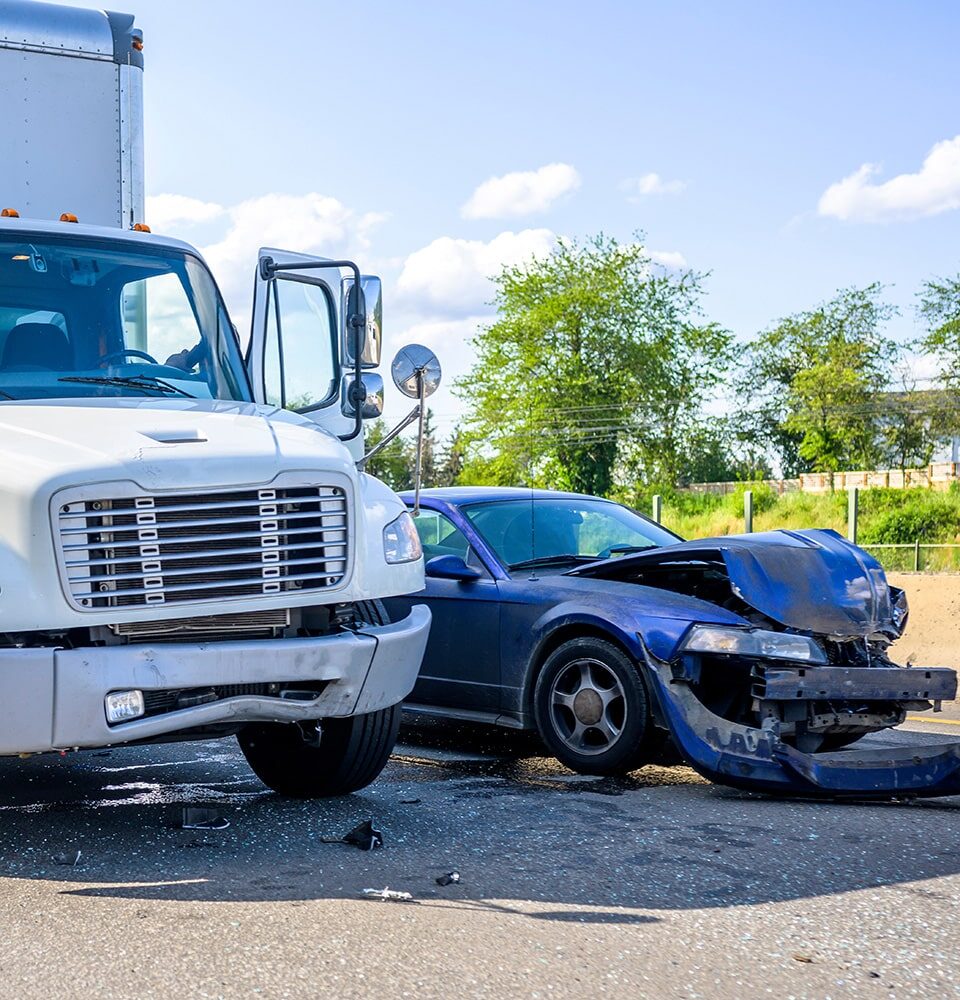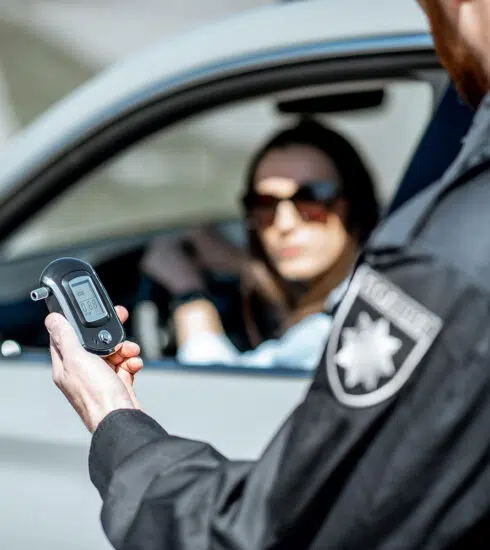8 Critical Steps to Take When Involved In a Serious Truck Accident
A truck accident can be a life-changing event, often leading to severe injuries or significant property damage. Navigating the aftermath of such an incident can be chaotic and stressful. However, knowing what actions to take immediately after a collision can make a substantial difference in how the situation unfolds.
This guide aims to provide you with an insightful and educational overview of the eight critical steps you should take if you ever find yourself in this unfortunate scenario. Following these steps are designed not only to ensure your safety, but also to assist you in securing the best possible outcome should you need to seek legal recourse.
1. Safety First
The first and foremost step following a truck accident is to ensure your safety, as well as the safety of others involved. If possible, move your vehicle to the side of the road or a safe distance away from traffic to prevent further accidents. If moving the vehicle is not possible, turn on your hazard lights to warn other drivers of the accident.
Check on the well-being of all the individuals involved but avoid moving injured people unless it’s absolutely needed for safety reasons. Be cautious around the accident scene as there may be hazards such as leaking fuel or sharp objects. Lastly, remember to call 911 to report the accident and request emergency medical assistance if necessary.
2. Retain a Truck Accident Attorney
These accidents can result in complex legal situations due to the potential for severe damages and the involvement of multiple parties, such as trucking companies, truck drivers, insurance companies, and legal teams.
An experienced personal injury attorney can assist you in understanding your rights, guiding you through the legal intricacies, and ensuring your interests are protected. They can help you navigate the process of filing a claim, negotiate with insurance companies on your behalf, and represent you in court if necessary. Be sure to do your research on local attorneys online – the ones with the highest lawyer seo ratings are usually a safe bet.
Additionally, attorneys, whether a Florida truck accident attorney or the one in your local area can gather, analyze, and present essential evidence to bolster your case. This can significantly increase your chances of receiving the compensation you deserve for your injuries, property damage, and other losses. Thus, securing an attorney should be a priority following any truck collision.
3. Call Emergency Services
Firstly, it ensures that those who are injured receive immediate medical attention. Even if you do not feel injured, it is still advisable to get checked as some injuries may not present symptoms right away. Secondly, the police will create an official accident report, documenting the facts of the accident, which can be invaluable when pursuing a legal claim.
The police will also assist in managing the situation at the accident scene, further preventing any additional accidents. Lastly, in some jurisdictions, it is a legal requirement to report any road accidents to the police, especially when there are injuries or significant property damage.
Therefore, calling emergency services is a critical step that aids in ensuring safety, securing vital documentation, and adhering to legal obligations.
4. Document the Scene
A comprehensive record of the accident can serve a pivotal role in establishing the facts and circumstances surrounding the incident. This includes taking photographs or videos of the accident scene, your injuries, the truck, your vehicle, and any visible damages.
It’s also beneficial to capture images of traffic signs, skid marks, road conditions, or any other elements that may have contributed to the accident. In addition to visual documentation, write down your account of the incident as soon as possible, while the details are fresh in your memory.
This should include the date, time, location, weather conditions, and the events leading up to the accident. If there are any witnesses, try to obtain their contact information and statements. This evidence can significantly reinforce your claim, providing a reliable and factual basis for determining liability, and can be instrumental in any ensuing legal proceedings.
Always remember, that the more information you can provide, the stronger your case will be.
5. Gather Witness Information
Witnesses often offer an impartial perspective on how the accident transpired, which can be crucial for clarifying the sequence of events and identifying the party at fault. Their testimonials can corroborate your account of the incident, adding credibility to your claims.
This is particularly beneficial when dealing with insurance companies or in court, where the establishment of liability is key to receiving compensation. Moreover, witnesses may recall important details you might have missed or forgotten due to the stress and shock of the accident.
To effectively gather witness information, ensure you collect their names, contact details, and a brief statement of what they observed. Always bear in mind to do this promptly, as witnesses might leave the scene or their memory of the event may fade over time.
6. Report the Accident
Not only is it often a legal requirement, especially in cases involving injuries or substantial damages, but it also initiates the process of creating an official record of the incident. Both your insurance company and the truck driver’s insurance company will require a detailed report of the accident.
This report should include details such as date, time, location, involved parties, and a description of what transpired. It aids in determining liability and the degree of fault for each party, which are critical factors in claims and compensation discussions. Furthermore, reporting the accident promptly can expedite the claim process, aiding in swift resolution and compensation recovery.
Delays in reporting could potentially lead to complications or disputes later on.
7. Seek Medical Attention
Even if you don’t feel hurt, it’s crucial to get a full medical examination as some injuries may not be immediately apparent. Truck accidents can lead to serious, long-term injuries such as traumatic brain injury and spinal cord damage. Seeking medical attention helps ensure that any hidden or latent injuries are detected and treated promptly, minimizing long-term impacts.
It also provides valuable evidence if you pursue a legal claim in the future.
Reports from healthcare professionals can demonstrate the extent of your injuries and provide proof of related losses such as medical expenses, lost wages, and physical/emotional suffering. Without proper documentation, it may be difficult to substantiate damages in a legal claim or insurance negotiation.
8. Collect Evidence
Evidence, as such, can bolster your claim. Evidence may include medical reports, police records, witness statements, photographs/videos of the accident scene, and correspondence between yourself and insurance companies. Ensure that you keep copies of all documents related to the incident such as repair bills for vehicle damages or receipts for medical expenses.
Additionally, create a detailed record of all communications with your insurer, including emails and phone conversations. This serves as a record of the progress and a timeline to refer back to when necessary. Collecting evidence is an important step in supporting your claim, particularly if you decide to pursue legal action.
The Aftermath of a Truck Accident
Truck accidents can be overwhelming and confusing. However, taking the right steps immediately following the incident can significantly affect the outcome of your claim, ensuring you receive the compensation you deserve. Remember, it’s crucial to prioritize your safety by seeking immediate medical attention, gathering as much information as you can about the scene, and reaching out to trustworthy legal representation.
Following these steps can help you navigate this challenging time with less stress while maximizing your chances of a successful resolution. Remember, every situation is unique, so it’s essential to consult a professional who can provide advice tailored to your specific circumstances.









